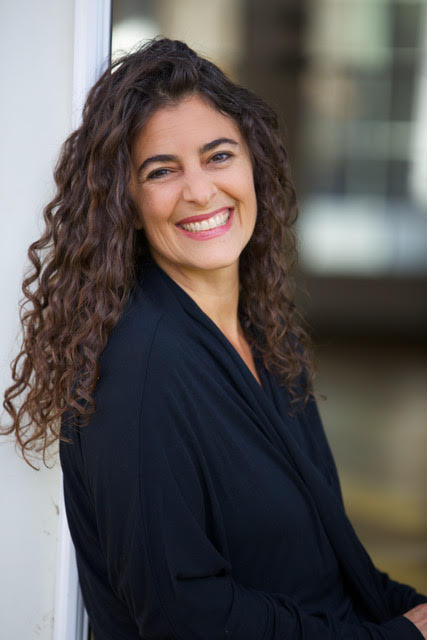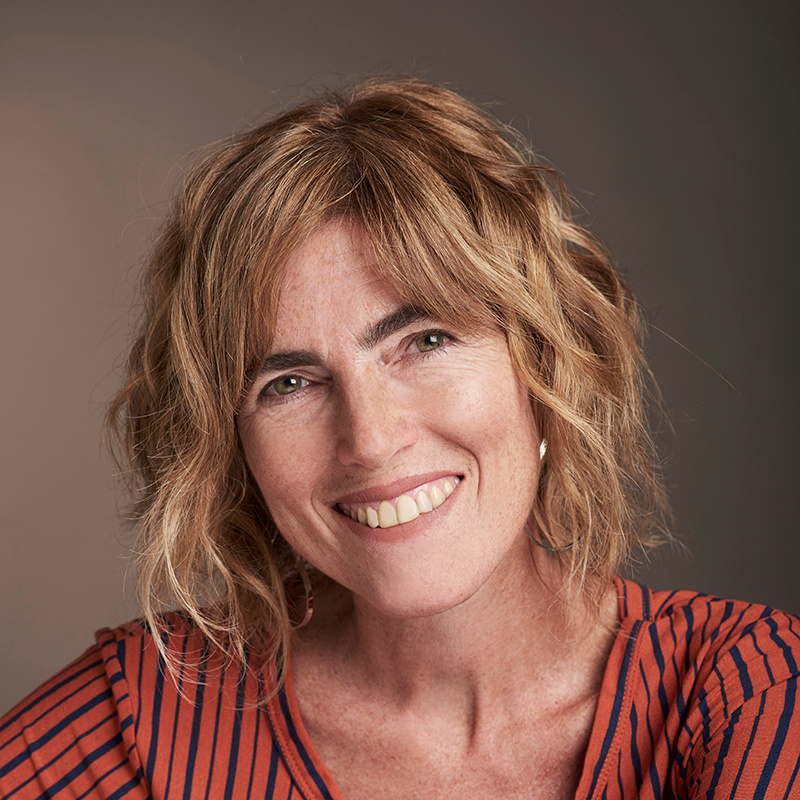Are we living in the age of anxiety? And if so, as Tina Turner might say, what’s love got to do with it?
If statistics are any indication, anxiety is something of a global epidemic: 260 million people are diagnosed with it worldwide, and it is estimated that millions more suffer it silently, without a diagnosis. Are we living in the age of anxiety? And if so, as Tina Turner might say, what’s love got to do with it?

Sheryl Paul, Jungian-trained counselor and author of The Conscious Bride and the upcoming The Wisdom of Anxiety (recently released by Sounds True) has made it her life’s work to highlight the link between our fear and anxiety and our capacity to love. Breaking with the often cited spiritual maxim that fear is the opposite (or even the mortal enemy) of love, Sheryl proposes that love rarely shows up without fear as its companion and that our chances to learn how to truly love revolve precisely in how wholeheartedly – lovingly, we might say — we respond to our tendency to contract.
For her, anxiety is not the enemy, but a messenger from the unconscious designed to help us heal.
She knows there is no such opposition because she has suffered more than a few bouts of fear and anxiety in her own life and has found that, in exploring these states of contraction, she was able to break through to previously unknown levels of love and devotion. She also knows this because, every day, as a therapist and online teacher, she helps dozens of people see the gift within the symptom and use it to build a life of meaning, joy, and compassion. For her, anxiety is not the enemy, but a messenger from the unconscious designed to help us heal.
In her upcoming book, Paul explains: “Anxiety’s emissaries arrive in many forms: worry, intrusive thoughts, obsessions, compulsions, insomnia, somatic symptoms. If we greet these emissaries with shame and try to sequester them into the far down, hidden recesses of psyche, they will gather in numbers and strength until we are forced to listen.”
What are “intrusive thoughts,” exactly? They are fixed ideas which turn over and over again in our heads, like a broken record. What if I fall ill? What I can’t pay the rent? What if I never find true love? Or, in a more extreme version, What if I end up broke, helpless, and alone? If one hooks on to these thoughts, she says, “what follows is true emotional torture. But if one learns to recognize what lies beneath them, it is easier to disengage and find one’s center.”
When we manage to quiet our thoughts enough, the Higher Self invariably arises, like water from a deep and ancient well.
According to the depth psychology of Carl Jung, beyond the smaller self (otherwise known as Ego), which is built around self-protection and thus sees others as potential threats, we possess a Higher Self, which is the center of our being. When we connect to that dimension of our psyche, we find a solid bridge not only to ourselves but to the people and the world around us. This Self with a capital S tolerates the ambiguities and inconsistencies of life because it’s an emissary of Spirit. When we manage to quiet our thoughts enough, the Higher Self invariably arises, like water from a deep and ancient well.

The Ego is the part of us that fears change, transitions, the indefinite, and death in any form. And, in fact, all change implies some form of “Ego death” because it calls us to expand beyond our known limits. Our relationships are usually great detonators of the Ego’s fears. Paul says: “I know the misery that anxiety can bring on. But I also know that if we look at it as a messenger providing vital information of our inner world, then we can turn from hating it and trying to defeat it, to facing it and learning from it.”
The task at hand is not simple. It implies facing what Buddhist nun and celebrated author Pema Chödrön has called the “fundamental groundlessness of being”: that part of us that feels out of control because it knows that our lives are constantly changing and that, no matter what we do, we will not be spared loss. But in that very groundlessness lies the treasure. In the words of Chögyam Trungpa, another Buddhist teacher: “The bad news is you’re falling through the air, nothing to hang on to, no parachute. The good news is, there’s no ground.”
This is, indeed, good news. In Paul’s view, unsettling though groundlessness may be, exploring it, while plumbing our psychological depths, can be a path of awakening:
When you find the courage to turn inward, to become curious about the labyrinths and caves that comprise your inner world, everything changes. You discover that anxiety can inform your life, but it does not have to define it. You’re not destined for anxiety; you’re destined for equanimity. You’re not destined for limitation; you’re destined for greatness. You’re not destined to feel lost, empty, and alone; you’re destined to feel purposeful and connected. You’re not destined to define yourself by your challenges; you’re destined to grow through these challenges and become a more balanced version of yourself, where your weaknesses become your strengths, and the places where you’ve struggled most become your greatest gifts.
What is the route she proposes to finding such gifts? One way is engaging in open-hearted, loving actions, directed towards oneself and others. One special category of such actions is the expression and cultivation of gratitude. In her own words:
When I open to gratitude, when I set aside that time and make a space in my heart and orient my awareness toward blessings, my heart opens and I connect to God. I can literally feel God-essence pouring into the inner pockets of loneliness and yearning. There’s a smile behind my eyes, the secret joy of connecting to the underground river and overground invisible web that connects everyone and everything. Opening to gratitude weaves a soft pillow around my heart.
In the end, we will not be saved from our fears and anxiety by outside forces, or heal our wounds by virtue of someone else’s perfect love. But we can receive our fears, embrace our wounds, and become the very source of joy, vitality, and enthusiasm we so ardently yearn for. It is all just one conscious, loving, grateful action away.

Fabiana Fondevila is a journalist, author and workshop facilitator from Buenos Aires, Argentina. Her latest book, “Where Awe Lives. Practices for Cultivating the Sacred in Everyday Life” is in the process of being translated into English. You can learn more about her offerings at FabianaFondevila.com. She is also a founding member of Vivir Agradecidos, the Argentine branch of Gratefulness.org.
The Wisdom of Anxiety by Sheryl Paul (published May 28, 2019).
